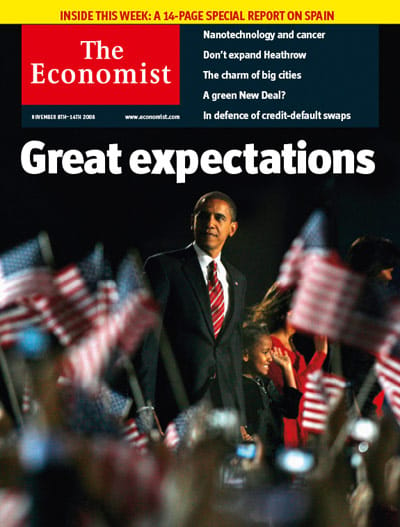How much is enough?
Devolution has been good for Spain, but it may have gone too far
THE hardest problem for the authors of Spain's democratic constitution was to strike a balance between the central government and the claims of Catalonia, the Basque country and Galicia for home rule. The formula they came up with was known as café para todos, or coffee for all: Spain was divided into 17 “autonomous communities” (plus the enclave cities of Ceuta and Melilla on the Moroccan coast), each with its own elected parliament and government. This estado de las autonomías seemed a neat solution. Over the past 30 years more and more powers and money have been devolved. The regional governments are now responsible for schools, universities, health, social services, culture, urban and rural development and, in some places, policing. But it is becoming clear that even as it has solved some problems, decentralisation has created others.
The estado de las autonomías has several clear benefits. First, as Mr Zapatero says, “it spreads power and impedes its concentration,” and in that way reflects “the best liberal thinking”. Second, by bringing decisions about services closer to the people it has improved them. Third, it encourages competition between regions. The rivalry between Barcelona and Madrid may have acquired an edge of mistrust, but it is in essence a creative tension. And fourth, the system has reduced regional inequalities, or at least stopped them widening.
This article appeared in the Special report section of the print edition under the headline “How much is enough?”
